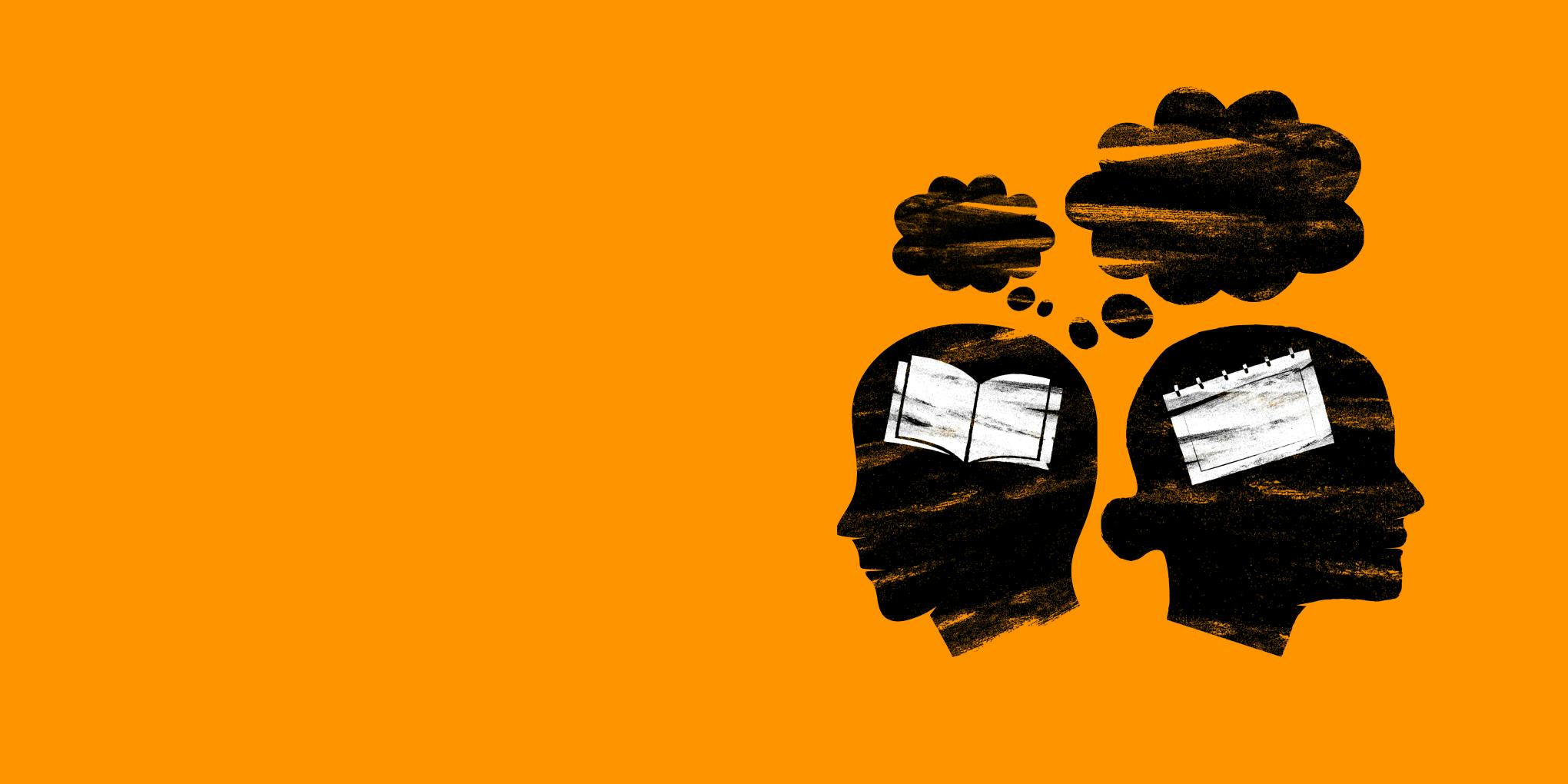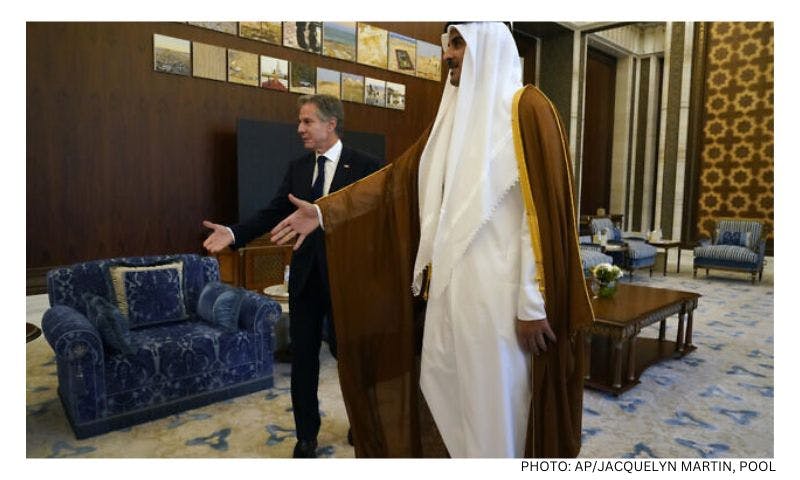Published: 25 September 2017
Last updated: 4 March 2024
“Most Jews are not becoming more religious and they’re not moving to Israel. So what else can they do to sustain a meaningful Jewish identity that they can transfer to their children?”
Gary Samowitz believes the answer to his question lies in “volunteering and pursuing social justice though a Jewish lens”. The 35-year-old is CEO of Stand Up, an organisation that stands out amid the 140 Jewish groups in Australia through its focus on vulnerable communities who are not Jewish.
Stand Up has attracted a large cohort of volunteers who work with Indigenous and Sudanese groups and engage in long-term programs that are set up to run for decades.
The organisation also delivers school holiday programs that provide Indigenous youth with resources to pursue further education and employment pathways, and it supports Sudanese refugees with homework clubs, women’s groups and leadership workshops that deliver skills and self-confidence. Stand Up has also designed a range of innovative social justice education programs that are run in Jewish schools and for young adults.
While about 70 per cent of the programs are youth-oriented, over 35 per cent of volunteers are aged over 50. They are drawn by the opportunity to right social wrongs and enrich the broader Australian social fabric, as was Samowitz after visiting an Aboriginal community on the Qld/NSW border more than a decade ago.
Now in his eighth year at the helm, Samowitz oversees a budget of $900,000, 15 staff and 200 volunteers and deals with 800 donors. Stand Up’s philosophy and hands-on sense of helping others has seen it grow into an influential and sophisticated cause through its understanding of what young Jewish people want.
To make them feel engaged requires more diverse programming that goes beyond “advocating for Israel and sitting in synagogues,” he says. The younger Jewish community don’t tend to congregate in synagogues and the Jewish communal buildings. “We tend to have a phobia for large institutions and large communal fund-raising dinners.”
Samowitz includes himself in the collective “we” of today’s younger generation, known as Millennials. “We’re more into niche programming based on interests and located in venues that we feel comfortable in – cafes, natural settings, people’s homes. We want to connect with like-minded people in the Jcom; we want the experience to be meaningful and relevant.”
The organisation emerged from a group called Keshet, set up by Melbourne academic Dr Mark Baker in 1994 in response to the crisis in Rwanda. Known originally as Jewish Aid Australia, it changed its focus to vulnerable groups closer to home. Samowitz says its current identity grew out of a desire by Jewish Millenials “to do more than working inside the Jewish community. They felt the community was quite insular and inward looking and they wanted to be proud, active Jews giving back to the world at large – a more universalistic approach to expressing one’s Jewish identity.”
[gallery columns="1" size="medium" ids="14252"]
The first Stand Up program in Aboriginal communities grew out of Ian Jankelowitz’s stewardship of the Hillel program at the Shalom Institute in 2005: “He asked what the AUJS students wanted to do and they didn’t necessarily want another trip to Israel or another pub crawl. They wanted to do some impactful volunteer work,” says Samowitz.
This germinated in the first Derech Eretz program with an Aboriginal community near the Queensland/NSW border called Toomelah, where Samowitz was a participant. After Jankelowitz left, Samowitz applied for and took on the Hillel role, which included facilitating Derech Eretz.
“Going on that trip changed my life. I was going to study post-graduate law – I was finishing an arts degree in politics and history – and that visit to Toomelah opened my eyes to a side of Australia I had never heard about. It also gave me flashbacks to apartheid South Africa where I had grown up.
“There was a lot of racism towards the communities in Toomelah. The kids were so disadvantaged and most were not going to finish school. It ignited a sense of social justice in me and made me realise that Australia is not a perfect country and that there’s a lot of work to be done.
“There was probably even a bit of guilt as well about benefiting from apartheid and then leaving the country and not playing my role in re-building the new South Africa so I resolved that this would become a real passion of mine.”
“Today, being Jewish is a choice and there’s a lot of competing interests out there. We need to make being Jewish inspiring and not something you do purely out of guilt. I don’t feel guilt is sustaining.
At the core of Stand Up’s programs, says Samowitz, are the Jewish values of tikkun olam (repairing the world), tzedakah (pursuing justice), and gemilut chesed (acting with kindness). “Just like learning Torah, remembering the Holocaust and engaging with Israel, I believe that pursuing social justice is a deeply Jewish act.”
Many young Jewish people, in questioning their identity, are interested in integrating notions of being Jewish and being Australian, he asserts. “We don’t do a good enough job of exploring what it means to be a Jew in Australia and our commitment to Australian society.
“I do believe it’s important to help Jews. I like that quote from Rabbi Hillel, ‘If I’m not for myself, then who will be for me?’ – so we should support our Jewish welfare organisations, our synagogues and schools. But Rabbi Hillel’s next line is important: ‘If I’m only for myself, then what am I?’ If we only ever look after ourselves, what kind of values do we have as a community?”
Samowitz was a leader on March of the Living to Auschwitz in 2006 and 2009 and says that it inspired him in broad and significant ways: “Never again means never again to the Jews and everyone else,” he emphasises.
“And what we need to learn from the Holocaust is that we need to stand up against discrimination wherever it rears its head and we have a responsibility as Jews to never be bystanders – not just when Jews are suffering but when anyone’s suffering.
“As Jews, we know what it’s like to be asylum-seekers, we know what it’s like to be refugees and victims of persecution. So we, more than any other people, should be helping people in their time of need.”
Samowitz believes many Jews from older generations often don’t empathise with the pressures of a contemporary world that entices younger people in many directions.
“We live in an age of hedonism and secularism and materialism. We live in an age of acceptance of the Jewish community,” he says. “There’s this real fear amongst our leadership of inter-marriage and assimilation so that’s why the community’s investing so much money in free trips to Israel and trying to get people to become more religious.”
But he thinks some of the community’s legacy groups may have reached their use-by date. “Today, being Jewish is a choice and there’s a lot of competing interests out there. We need to make being Jewish relevant and inspiring and not something you do purely out of guilt. I don’t feel guilt is sustaining. We need to think a bit more innovatively about how to sustain Jewish life in Australia for the next generation.”
Photo: Gary Samowitz, left, with staff and volunteers





Comments
No comments on this article yet. Be the first to add your thoughts.